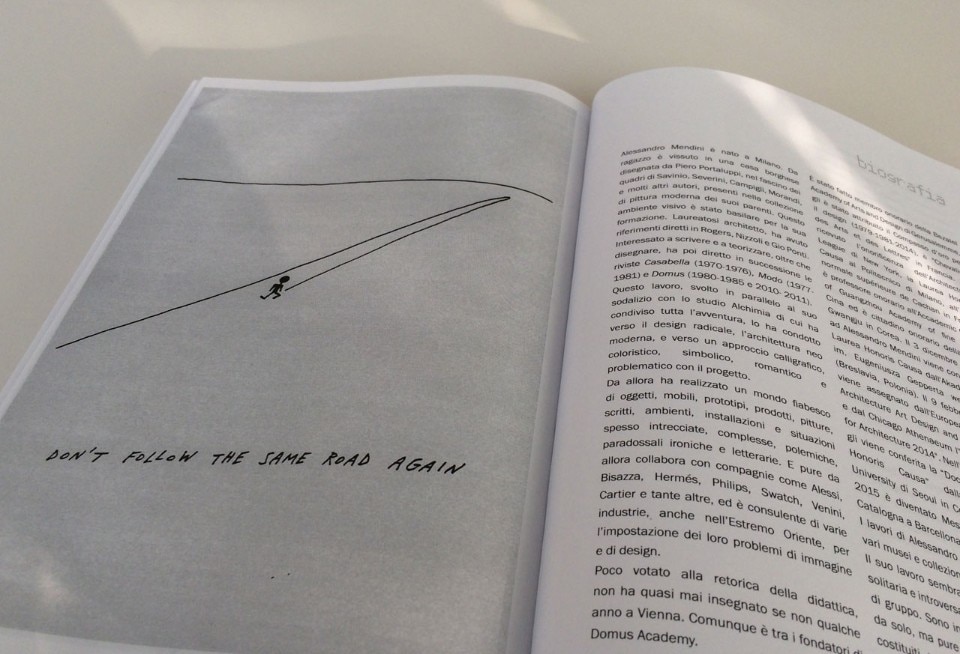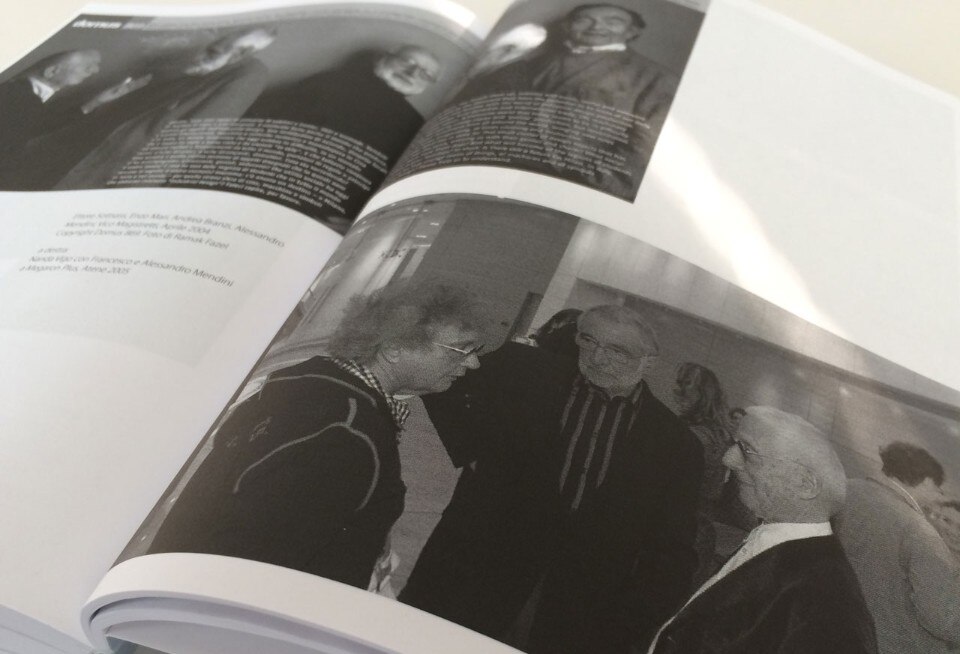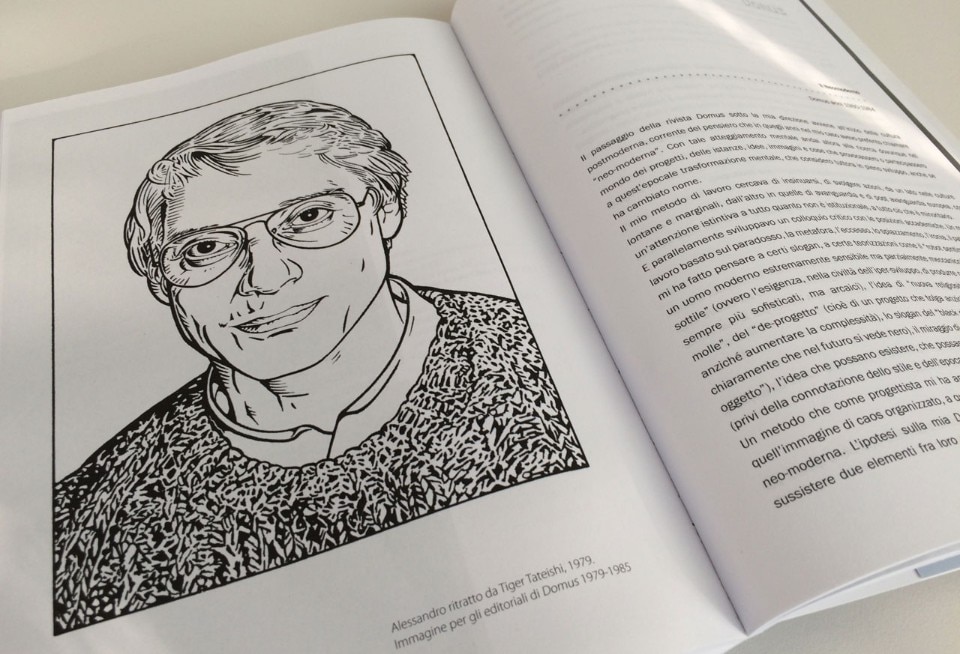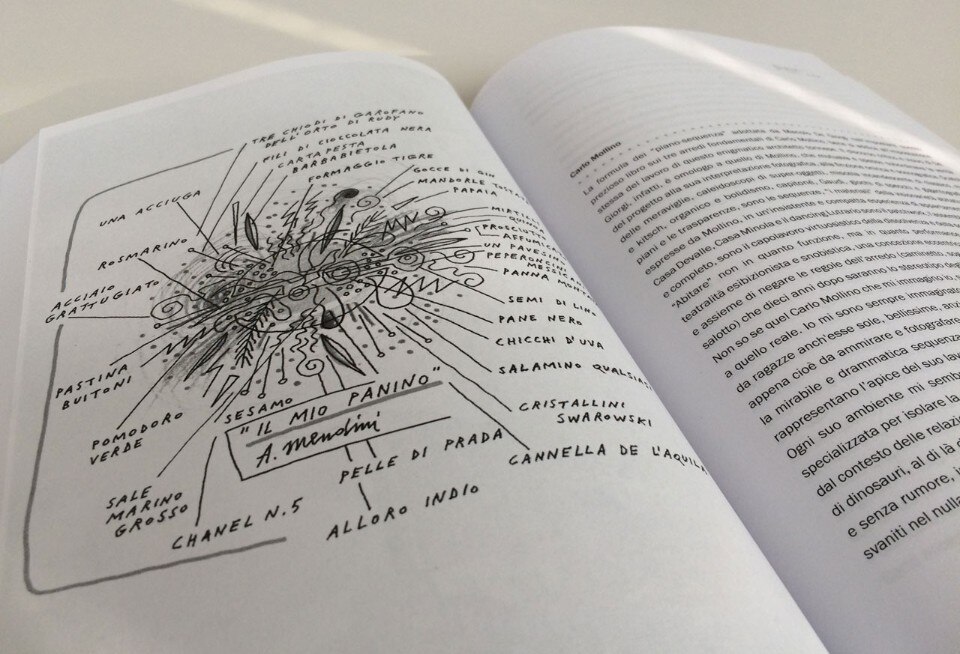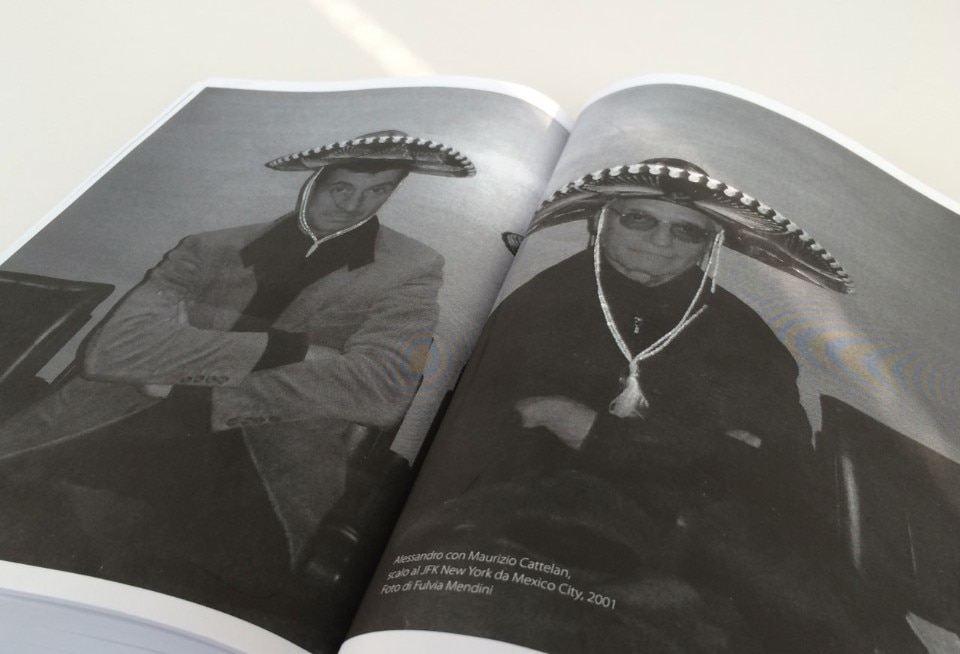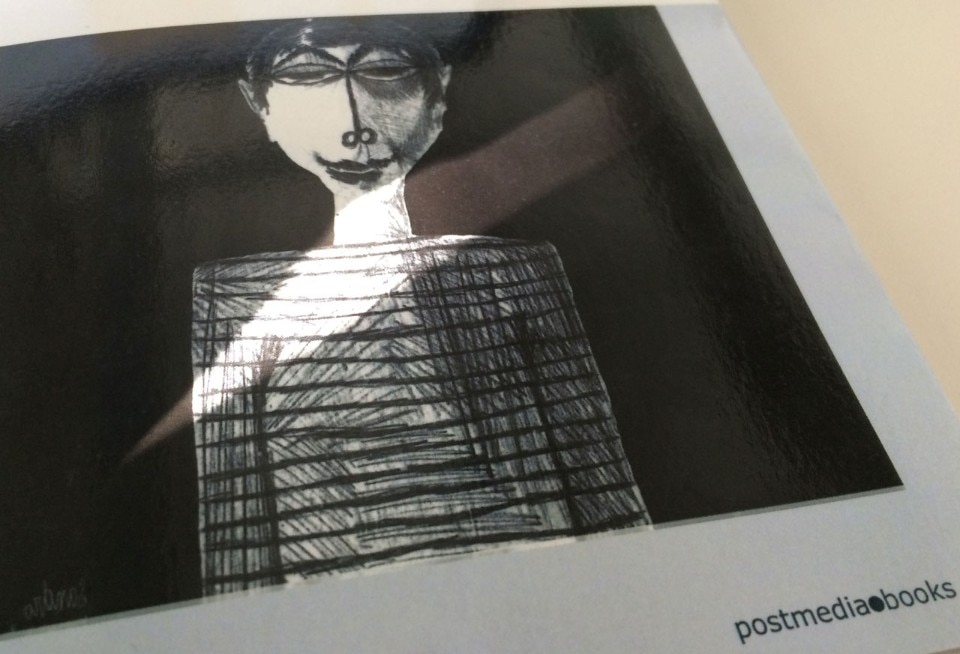I imagine Sandro Mendini reading the nth review of Codice Mendini that Electa brought out in May thanks to the courageous, devoted and meticulous work of Fulvio Irace, who thirty years ago came to Milan from Naples, called upon by Mendini himself to work with him on the magazine Domus. I see him oscillate between the sense of guilt of one who feels too much, admired, studied, praised with respect to a mixed profession that, after all, he has always practiced for love and vocation and the irreverent and slightly sadistic sneer of the small-time crook who thinks “you’ll never catch me”. And it is no coincidence I think that while in May this huge book came out, the biggest ever written on him (368 pages, 55 illustrations, 50 years of work) with a cover that “looks like a small-scale reproduction of EUR”, together Postmedia Books have published his Scritti di domenica, a mass of thoughts, letters, messages, short essays, interviews and incursions whose linchpin is the rigorous, well-honed writing, amid which one can read some of the most interesting lines to appear in design literature in the last hundred years.
